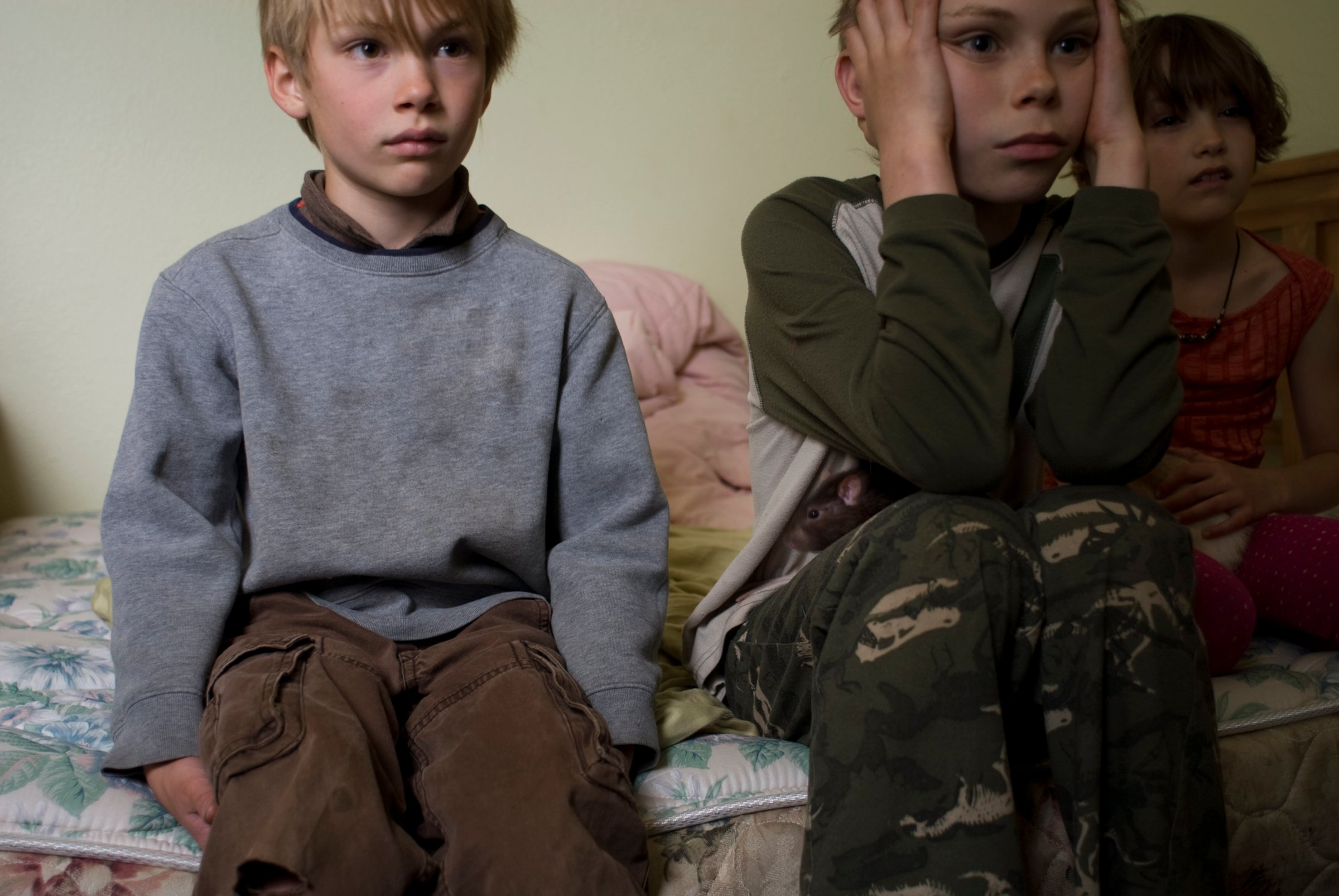
We all want to protect our kids from the hard truths of life. Nobody wants to explain to innocent, carefree minds the details of what has happened in Nepal, how many children died or were left orphaned, or how slow or hard it is to get help.
But if our kids don’t learn to face bad news eventually, they can’t thrive. So how does a parent walk that line?
Richard Weissbourd, a child and family psychologist on the faculty of Harvard’s School of Education, and the author of The Parents We Mean To Be, says what a lot of parents already know: there’s no easy answer.
But that makes it even more important to talk with kids about tough realities, Weissbourd says. “Kids are thinking about these things anyway. They’re seeing things on the news, and overhearing the things adults are saying. So it can be scarier not to talk about them.”
And every kid is different, Weissbourd says: they “vary in levels of anxiety, and vulnerability.” With his own kids, Weissbourd shared tough truths based on “who they are, and what I felt they could emotionally manage.”
Still, there are some rules of thumb parents can follow.
At elementary age, fairy tales that may seem grim to parents actually work for kids because, Weissbourd says, “they’re trying to get some mastery over those really deep fears.” But kids that age are also concrete thinkers. So it’s good to start with concrete answers. And it’s all right not to have all the answers. According to Weissbourd, the real goal is just to have the conversation.
By the time kids reach middle school, they’ll have seen a lot of troubling things for themselves. But “sometimes they understand much more and sometimes much less than we think,” Weissbourd says. So it’s important at this stage for parents to listen. Hearing what kids are wrestling with, and how they’re trying to make sense of it, is key.
By high school, parents can begin to explore the deeper questions with kids, looking not just at immediate problems, but at the underlying reasons for them–and what they might be able to do to make a difference. According to Weissbourd, research shows that people deal best with problems when they “convert passivity into activity.”
So that’s actually the most powerful response to tough realities at any age, Weissbourd says: finding something we can do to make a difference.
More Must-Reads From TIME
- The 100 Most Influential People of 2024
- How Far Trump Would Go
- Scenes From Pro-Palestinian Encampments Across U.S. Universities
- Saving Seconds Is Better Than Hours
- Why Your Breakfast Should Start with a Vegetable
- 6 Compliments That Land Every Time
- Welcome to the Golden Age of Ryan Gosling
- Want Weekly Recs on What to Watch, Read, and More? Sign Up for Worth Your Time
Contact us at letters@time.com